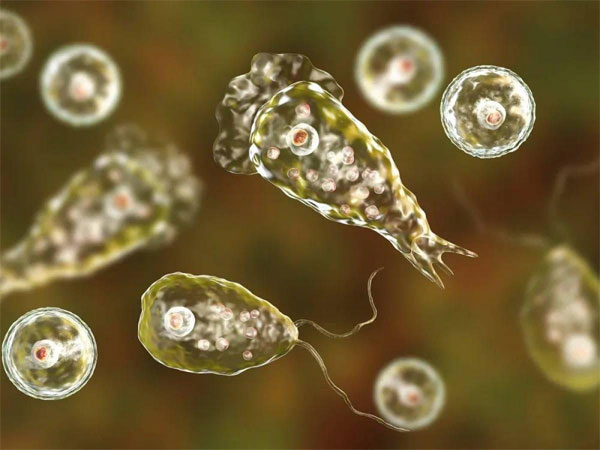Daijiworld Media Network - Kozhikode
Kozhikode, Sep 1: The deadly amoebic meningoencephalitis, commonly referred to as “brain-eating amoeba” infection, has claimed two more lives in Kerala, including that of a three-month-old infant, bringing the total death toll in the state to six in 2025, health officials confirmed on Monday.
Both victims died at the Kozhikode Medical College Hospital within the past 24 hours. The infant, who had been under treatment for fever for nearly a month, succumbed to the infection late Sunday night. Health officials suspect that the source of infection may have been contaminated water from the family’s well, according to local media reports.
The second victim, Ramla (53), a resident of Kannamangalam in Malappuram, passed away after battling the infection for nearly a month. She had been admitted on August 4 with high fever and vomiting—early symptoms commonly associated with the infection.

Earlier in August, a nine-year-old girl from Thamarassery in Kozhikode had died from the same infection, which she likely contracted while bathing in a pond near her home. Her younger brother, who also tested positive, remains under medical care.
Rising Case Numbers, Widening Spread
Kerala has reported 42 confirmed cases of amoebic meningoencephalitis so far this year, with infections emerging from districts including Kozhikode, Wayanad, Malappuram, Kollam, and Thiruvananthapuram. The rare but aggressive brain infection is caused by free-living amoebae—typically Naegleria fowleri—found in contaminated or stagnant water sources.
Government Response and Public Warning
In response to the growing health crisis, the state health department has intensified chlorination and cleaning of public wells and water bodies, especially in rural and high-risk areas. Awareness campaigns have also been launched in schools and local communities to educate the public about the risks and preventive measures.
Health experts are urging people to:
• Avoid bathing or swimming in stagnant, unclean, or unchlorinated water bodies
• Regularly clean and disinfect household wells
• Seek immediate medical attention if symptoms such as fever, headache, vomiting, or neck stiffness appear following water exposure
Early Diagnosis is Key
While amoebic meningoencephalitis remains a highly fatal condition, Kerala health authorities say the mortality rate has shown slight improvement in recent years, thanks to faster diagnosis and advanced treatment protocols now available within the state.
However, with the peak monsoon season heightening the risk of waterborne infections, officials continue to stress vigilance, hygiene, and timely medical intervention as critical tools in curbing the spread of this rare but lethal disease.